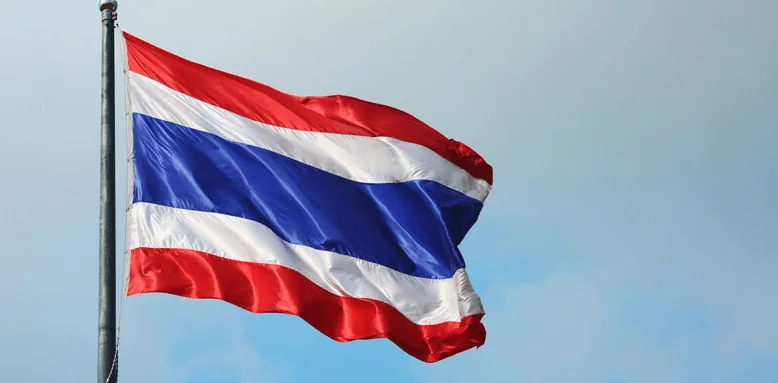Thailand’s Securities and Exchange Commission (TSEC) has lifted its previous restrictions on Retail investors from acquiring digital tokens backed by real estate or infrastructure initiatives.

Published in the Royal Gazette on January 16, 2024, the revised regulations eliminate this restriction, thereby granting greater autonomy to retail investors in their investments within the market for infrastructure-backed digital tokens (REITs) and real estate.
As momentum builds on the nation’s cryptocurrency market, the TSEC will increase the investment limit. The acquisition of the cryptocurrency exchange company Satang by Thailand’s largest bank, KBank, in September 2023 signifies the increasing recognition of digital assets within the Thai financial system.
Additionally, implementing the new regulations permits the establishment of local custodial wallets, which function as secure digital repositories for digital assets.
In Thailand, custodial wallets managed by publicly traded corporations that possess expertise in the storage of digital assets are permitted to function. Additionally, it will be the responsibility of the TSEC to grant digital asset service providers (DSPs) authorization to commence operations in new business lines.
The relaxation of government regulations on digital tokens coincides with the August 2023 inauguration of real estate magnate Srettha Thavisin as prime minister of Thailand. Former CEO of one of Thailand’s leading real estate developers, Sansiri, Thavisin is an active investor in digital assets and possesses the SiriHub Token, his digital token.
Furthermore, alongside the regulatory modifications, the Thai government has declared its intention to allocate 10,000 baht ($274) via a network of digital wallets to citizens aged 16 and above.
The endeavor above, which sought to stimulate the economy and advance digital literacy, has experienced two postponements after Thavisin’s inauguration.
